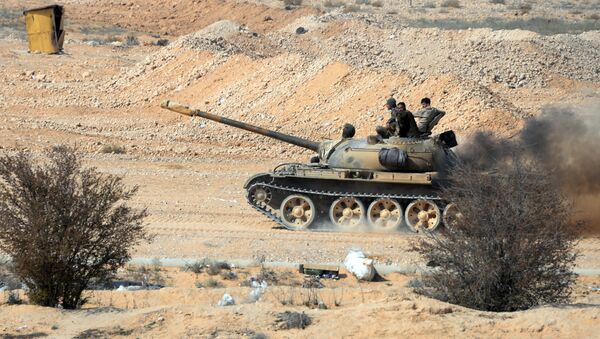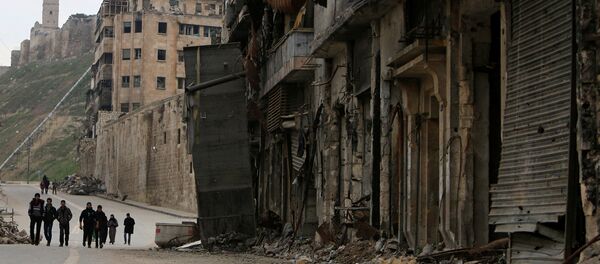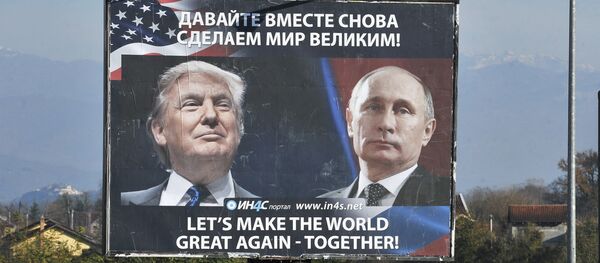"I do not expect a quick breakthrough, but the process has been launched. Sadly, results will not come soon since the Syrian conflict has dragged on for too long and those involved have irreconcilable differences," Vladimir Sotnikov, a researcher at the Institute of Oriental Studies of the Russian Academy of Sciences, told RT. "However, these differences have gradually been settled and more opposition groups have taken part in the negotiations."
The latest round of the UN-sponsored Geneva peace talks began on Thursday. It comes on the heels of the negotiations held in Kazakhstan. The Astana talks, sponsored by Russia, Turkey and Iran, marked the first time that representatives of Damascus and armed opposition groups met face to face since the Syrian crisis broke out in 2011.
"Negotiations in Astana have de facto reset the process of resolving the Syrian conflict. The talks have also become the basis for continuing the Geneva peace process which was interrupted ten months ago," Sotnikov added.
Until mid-2016, Turkey was one of the main supporters of radical armed groups fighting in Syria. Since then Ankara has been engaged in an anti-Daesh operation in northern Syria. The Turkish military and the Free Syrian Army have liberated the towns of Jarabulus and are reported to be on the verge of taking full control of al-Bab, the last Daesh stronghold in the border region.
"Turkey has opted for an alliance with Iran and Russia, adopting less aggressive rhetoric with regard to Bashar al-Assad. This has had an effect on opposition groups which receive assistance from Ankara. They have understood that this aid could be cut off," Sotnikov said.
Defense analyst Anton Mardasov, who heads the Department of Middle Eastern Conflicts of the Moscow-based Institute of Innovative Development, pointed out that Saudi Arabia, one of Assad's fiercest opponents, and Qatar have indicated that they are ready for a compromise. Riyadh and Doha are ostensibly on board with Moscow's plan when it comes to resolving the Syrian crisis.
In addition, the new US administration has indicated that it views fighting terrorism and not removing Assad as a priority. Donald Trump has repeatedly said that Washington could join its anti-Daesh efforts with Russia.
Never miss a story again — sign up to our Telegram channel and we'll keep you up to speed!




